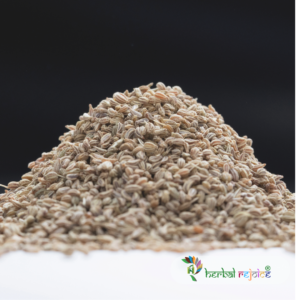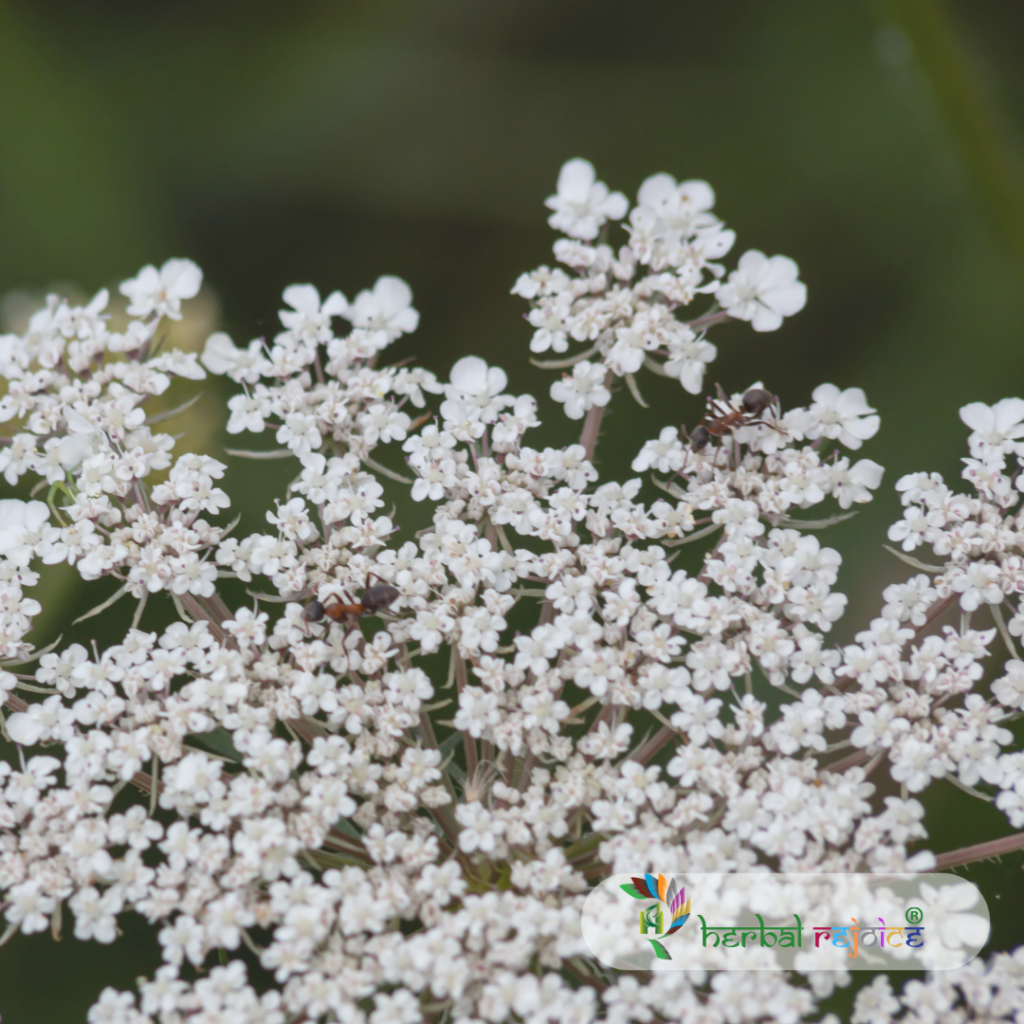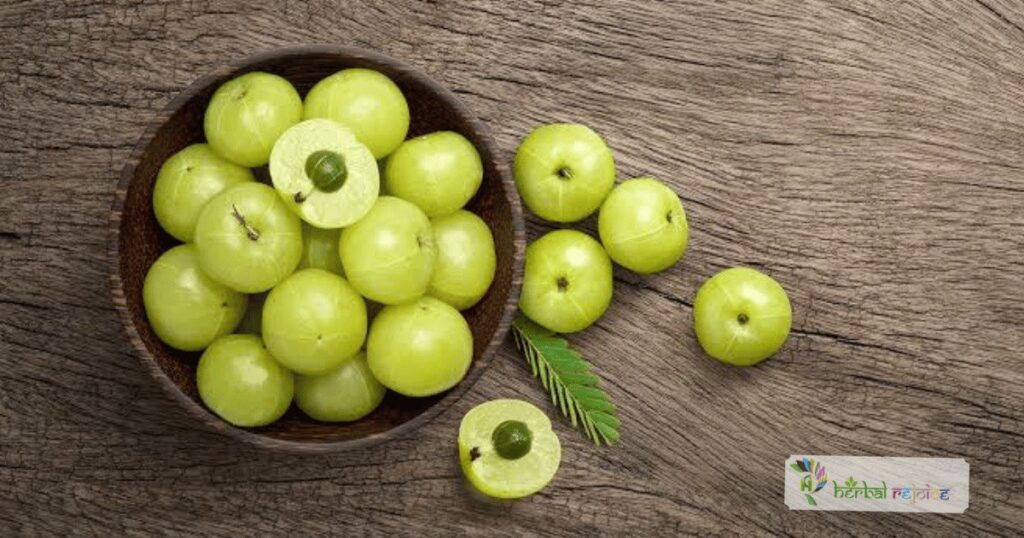Introduction
Trachyspermum ammi, commonly known as Ammi, Lovage, Carum, or Ajowan, is a flowering plant that belongs to the Umbelliferae or Apiaceae family. It is cultivated in various regions of India, including Madhya Pradesh, Andhra Pradesh, Gujarat, Maharashtra, Uttar Pradesh, Rajasthan, and Bihar.
In Ayurveda, Trachyspermum ammi is referred to as Yavaani, Yamaani, Yavaanikaa, Yamaanikaa, or Dipyaka. In Unani medicine, it is known as Nankhwaah or Desi Ajawaayin. In the Siddha system of medicine, it is called Omam.
Medicinal Uses
The fruits of Trachyspermum ammi have several medicinal properties. They are known to have carminative, antispasmodic, anticholerin, antidiarrheal, bechic, and stimulant effects. The Ayurvedic Pharmacopoeia of India recommends the use of dried fruits in the treatment of tympanitis, constipation, colic, and helminthiasis. The oil extracted from the fruits is used as an expectorant for respiratory ailments like emphysema and bronchial disorders. It is also applied externally in cases of rheumatism. The juice of the leaves is considered anthelmintic, while the root has carminative, diuretic, and febrifuge properties. In Indian medicine, the aqueous extract of the fruit is a popular remedy for diarrhea.

Nutritional composition
The nutritional composition of Trachyspermum ammi fruits includes protein (17.1%), fat (21.8%), carbohydrates (24.6%), and mineral matter (7.9%). They also contain sugars, tannins, flavones, and sterols. The seeds of Trachyspermum ammi contain a phenolic glucoside called 2-methyl-3-glucosyloxy-5-isopropyl phenol. The essential oil of Ajowan, which is obtained from the fruits, is rich in phenols, especially thymol (35-60%) and carvacrol. Thymol is a potent antiseptic and antifungal agent. It is commonly used in deodorant mouthwashes, toothpastes, and gargles. The aqueous portion of the fruit, known as Omum-water, is often prescribed for relieving flatulence and gripe, particularly in children.
Dosage
To use Trachyspermum ammi, the recommended dosage is 3-6 grams of the fruit powder.
Conclusion
In conclusion, Trachyspermum ammi, also known as Ammi, Lovage, Carum, or Ajowan, is a versatile plant with various medicinal properties. It has been used in traditional Indian medicine systems like Ayurveda, Unani, and Siddha for its carminative, antispasmodic, and antidiarrheal effects. The fruits, seeds, and oil of Trachyspermum ammi contain several beneficial compounds like thymol and carvacrol, which have antiseptic and antifungal properties. Adding Trachyspermum ammi to your herbal remedies can provide relief from various digestive and respiratory ailments.
Frequently Asked Questions
What is the botanical name for Trachyspermum ammi?
Answer: The botanical name for Trachyspermum ammi is Trachyspermum ammi.
What are the common names for Trachyspermum ammi?
Answer: Trachyspermum ammi is commonly known as Ammi, Lovage, Carum, or Ajowan.
Where is Trachyspermum ammi cultivated?
Answer: Trachyspermum ammi is cultivated in various regions of India, including Madhya Pradesh, Andhra Pradesh, Gujarat, Maharashtra, Uttar Pradesh, Rajasthan, and Bihar.
What is Trachyspermum ammi called in Ayurveda?
Answer: In Ayurveda, Trachyspermum ammi is referred to as Yavaani, Yamaani, Yavaanikaa, Yamaanikaa, or Dipyaka.
What is Trachyspermum ammi called in Unani medicine?
Answer: In Unani medicine, Trachyspermum ammi is known as Nankhwaah or Desi Ajawaayin.
What is Trachyspermum ammi called in the Siddha system of medicine?
Answer: In the Siddha system of medicine, Trachyspermum ammi is called Omam.
What are the medicinal properties of Trachyspermum ammi?
Answer: Trachyspermum ammi has carminative, antispasmodic, anticholerin, antidiarrheal, bechic, and stimulant effects.
What are some recommended uses of Trachyspermum ammi in Ayurvedic medicine?
Answer: The Ayurvedic Pharmacopoeia of India recommends the use of dried fruits of Trachyspermum ammi in the treatment of tympanitis, constipation, colic, and helminthiasis.
What is the essential oil extracted from Trachyspermum ammi used for?
Answer: The oil extracted from the fruits of Trachyspermum ammi is used as an expectorant for respiratory ailments like emphysema and bronchial disorders. It is also applied externally in cases of rheumatism.
What are some properties of the juice of Trachyspermum ammi leaves?
Answer: The juice of the leaves of Trachyspermum ammi is considered anthelmintic.
What are the nutritional components of Trachyspermum ammi fruits?
Answer: Trachyspermum ammi fruits contain protein (17.1%), fat (21.8%), carbohydrates (24.6%), and mineral matter (7.9%). They also contain sugars, tannins, flavones, and sterols.
What is the phenolic glucoside found in Trachyspermum ammi seeds?
Answer: The seeds of Trachyspermum ammi contain a phenolic glucoside called 2-methyl-3-glucosyloxy-5-isopropyl phenol.
What are the main compounds found in the essential oil of Trachyspermum ammi?
Answer: The essential oil of Trachyspermum ammi is rich in phenols, especially thymol (35-60%) and carvacrol. Thymol is a potent antiseptic and antifungal agent.
What is thymol commonly used for?
Answer: Thymol is commonly used in deodorant mouthwashes, toothpastes, and gargles due to its antiseptic properties.
What is the recommended dosage of Trachyspermum ammi fruit powder?
Answer: The recommended dosage of Trachyspermum ammi fruit powder is 3-6 grams.
Can Trachyspermum ammi be used for digestive ailments?
Answer: Yes, Trachyspermum ammi has carminative properties and can be used for digestive ailments like flatulence and gripe.
Can Trachyspermum ammi be used for respiratory ailments?
Answer: Yes, the oil extracted from Trachyspermum ammi can be used as an expectorant for respiratory ailments like emphysema and bronchial disorders.


